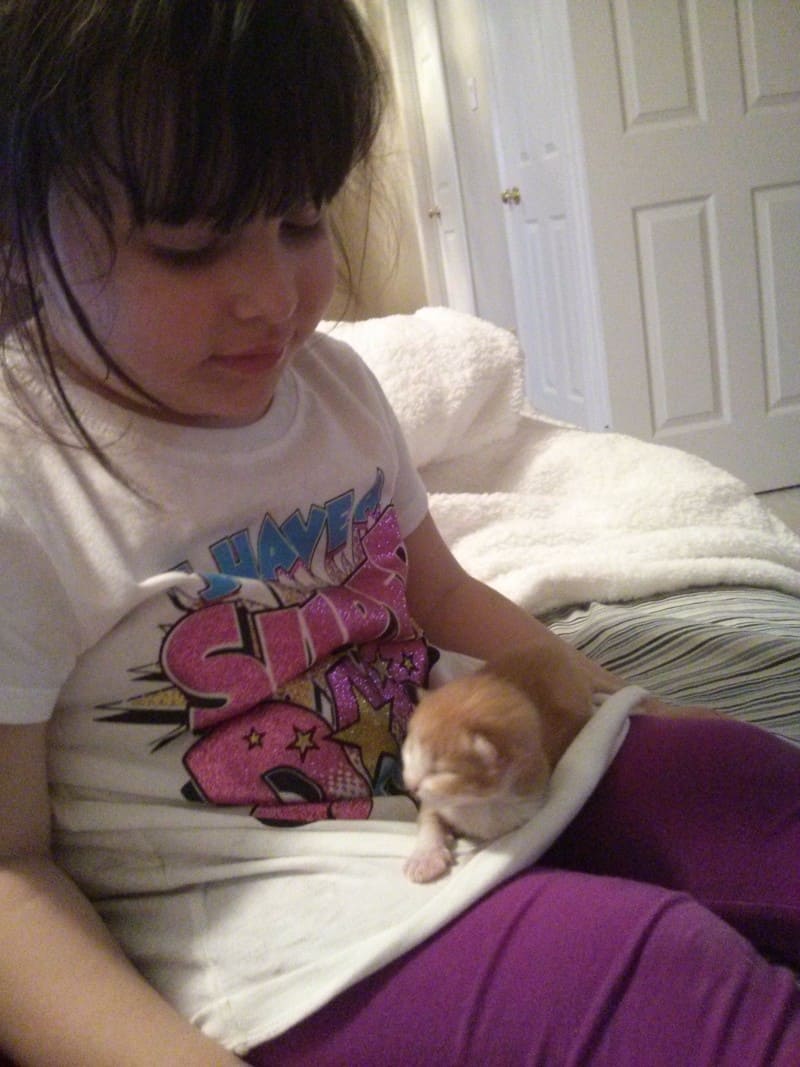There are so many things that educators and parents need to worry about. The list is endless, and one of those many items on the list is raising good children. I believe that one of the attributes our children need to have in some way is compassion. Then the question needs to be how to children learn to care and how to we teach them to care. It is tough to do, part if it is observed and the rest taught. The holiday season is the best time to teach this as we are gift giving.
Developing compassion children, to me, is as important as developing muscle strength. The more you use your muscles, the stronger they get. Children learn compassion through many experiences, including caring for the family pet. But children who participate in programs that teach kindness, respect, empathy, and compassion and who have families that reinforce those strengths at home develop the muscles they need to become engaged adolescents and adults. Compassion enables us to connect to human suffering with care and understanding, acting in ways that brings comfort to those around us. Compassion causes us to remain charitable, even if others behave negatively. Research shows that compassion plays a key role in helping children develop into engaged, caring, and optimistic adults.
Research on the positive effect of class projects and after-school activities that develop compassion continues to grow. Scouts, church groups, and programs provide excellent ways for children to learn skills and practice compassion in their communities. Developing compassion in children involves all adults stepping up to do their parts – families, teachers, clergy, and community leaders. But we know from research that one of the most important places that compassion is learned is in the home. Ways families instill compassion include providing opportunities to practice compassion as it can not just be learned by talking about it, they need to practice it. Families can help their children understand and cope with anger as anger hinders our ability to show compassion. We can help children by asking how their anger will help solve a problem or make their lives happier. We can help them see both the positive and negative sides of anger, and how holding onto anger leads to unreliable and destructive outcomes. Families can also teach their children compassion through self regulation which is the ability to delay behaving impulsively.A compassionate attitude is an internal strength. Praise children when they regulate themselves, making sure they understand the power of their calmness and patience. Always encourage children to talk about their anger with a supportive adult. Teaching compassion doesn’t mean turning a blind eye to aggression in others. We all know that children get bullied and are often not treated fairly by peers. If remaining calm only encourages more aggression, then we must also help children take a strong stand without retaliatory anger.
Inspiring a spirit of volunteering in school age children helps kids develop their compassionate muscles – muscles they will use over and over again as they reach adolescence and adulthood. Once you help your children begin this process, make sure they get lots of practice month after month. The world can never get too much compassion!
As we get deeper into the holiday months there are two things on everyone’s mind: Food and Family. You may be asking yourself what you are going to serve to attending guests for dinner or what you are going to bring if you are heading off to someone else. You may be already planning for your Christmas meal or your New Years night Celebration and all of that is exciting and fun and a welcome part of the winter. Volunteer in your neighbourhood, one of the most rewarding things that is to help pack food for local food banks over the holidays. Bring your kids- its good for kids to learn the value of food and the value of community.
Hunger is a worldwide epidemic. It wont just go away when you are no longer on this earth, so teaching your kids to recognize and assist with hunger is key. In our house we bond a ton over books.So getting books to talk about hunger, farming, children and families in need is a good start to raising awareness. Sit down and create a little food craft-like an easy corn on the cob craft- and while your kids are there focusing on food, open up to them about how not everyone has food. Ask for their suggestions and get them involved! Perhaps they know someone in their world that needs help. Schools in our area do a food drive every Christmas and it is a great way to start conversations as a child brings food to school to help someone else.
It is easy for all of us to be busy at this time of year but it is also so important to remember that we have a job to our children to make sure that they are raised with an awareness of compassion and helping those in need. We need to lead by example so I encourage you all to help by donating to a food bank or local charity to help those in your own community.
By Melissa

